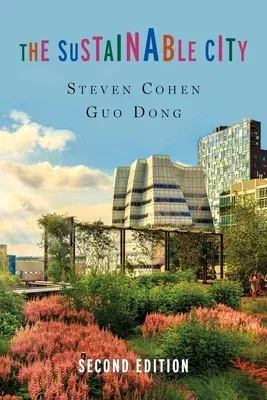Living sustainably is not just about preserving the wilderness or
keeping nature pristine. The transition to a green economy depends on
cities. Economic, technological, and cultural forces are moving people
out of rural areas and into urban areas. If we are to avert climate
catastrophe, we will need our cities to coexist with nature without
destroying it. Urbanization holds the key to long-term sustainability,
reducing per capita environmental impacts while improving economic
prosperity and social inclusion for current and future generations.
The Sustainable City provides a broad and engaging overview of the
urban systems of the twenty-first century. It approaches urban
sustainability from the perspectives of behavioral change,
organizational management, and public policy, looking at case studies of
existing legislation, programs, and public-private partnerships that
strive to align modern urban life and sustainability. The book
synthesizes the disparate strands of sustainable city planning in an
approachable and applicable guide that highlights how these issues touch
our lives on a daily basis, including the transportation we take, the
public health systems that protect us, where our energy comes from, and
what becomes of our food waste.
This second edition of The Sustainable City dives deeper into the
financing of sustainable infrastructure and initiatives and puts
additional emphasis on the roles that individual citizens and varied
stakeholders can play. It also reviews current trends in urban
inequality and discusses whether a model of sustainability that embraces
a multidimensional approach to development and a multistakeholder
approach to decision making can foster social inclusion. It features
many more examples and new international case studies spanning the
globe.

